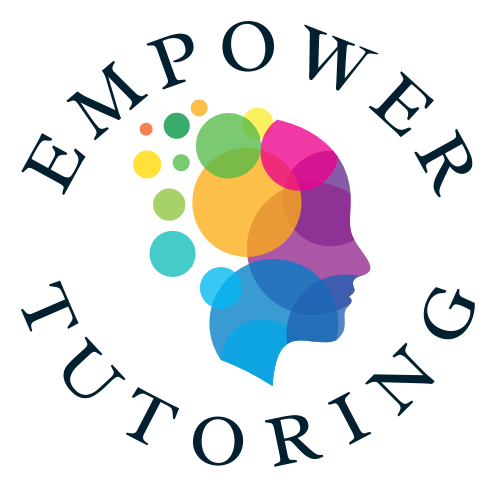Balancing Study and Well-Being in the New Year
As the New Year begins, many students and parents set ambitious academic goals to ensure a successful school year. While striving for the very best academic progress and achievement is important, it’s equally vital to maintain a healthy balance between studying and well-being. Neglecting self-care can lead to burnout, stress, and a decline in performance. Here we share some practical strategies to help students thrive academically while also prioritising their mental and physical health in the year ahead.
1. Set Realistic Goals
Begin the year by setting achievable academic goals. Break larger objectives, such as improving grades or acing an assessment or exam, into smaller, manageable tasks. This approach reduces overwhelm and creates a clear path to success. Celebrate small wins along the way to stay motivated and build confidence.
2. Create a Balanced Schedule
A well-structured schedule is key to balancing academics and well-being. Allocate specific times for studying, extracurricular activities, and relaxation. Make sure your timetable includes breaks between study sessions to recharge your mind. Using tools like planners or time-management apps can help keep you organized.
3. Prioritize Sleep
Quality sleep is essential for optimal learning and mental health. Studies show that students who get enough sleep perform better academically and are more emotionally resilient. Aim for 8-10 hours of sleep each night and establish a consistent bedtime routine to support a healthy sleep cycle.
4. Stay Physically Active
Physical activity is not just good for the body but also for the mind. Regular exercise can reduce stress, improve concentration, and boost energy levels. Even a 20-minute walk, yoga session, or team sport can make a significant difference. Encourage movement during study breaks to stay refreshed.
5. Practice Mindfulness and Stress Management
Mindfulness techniques, such as meditation, deep breathing, or journaling, can help students manage stress and maintain focus. Encourage setting aside a few minutes each day for mindfulness practices to cultivate a sense of calm and clarity. Additionally, learning how to manage time effectively can alleviate the pressure of tight deadlines.
6. Maintain a Healthy Diet
What you eat has a direct impact on your cognitive function and energy levels. Incorporate a balanced diet rich in fruits, vegetables, whole grains, and protein. Avoid excessive caffeine and sugary snacks, which can lead to energy crashes. Staying hydrated is equally important.
7. Seek Support When Needed
It’s important to know when to ask for help. Whether it’s academic challenges or personal issues, reaching out to teachers, tutors, family members, or friends can provide valuable support. Professional resources, such as school counsellors or therapists, are also available for more serious concerns.
8. Make Time for Hobbies and Interests
Engaging in hobbies or creative activities is a great way to relax and recharge. Whether it’s painting, playing an instrument, or reading for pleasure, these activities provide a much-needed break from academic demands and contribute to overall happiness.
9. Reflect and Adjust Regularly
Life is dynamic, and so are your priorities. Take time to reflect on what’s working and what isn’t. Adjust your routine and goals as needed to maintain balance. Flexibility is key to navigating the challenges of school life while staying healthy and focused.
Final Thoughts
Balancing academic learning and well-being is not a one-time resolution but an ongoing process. By adopting these strategies, students can build a sustainable routine that supports both their educational aspirations and overall happiness. Remember, success isn’t just about grades—it’s also about feeling fulfilled, healthy, and ready to tackle whatever challenges come your way.
Here’s to a balanced, productive, and joyful New Year!










